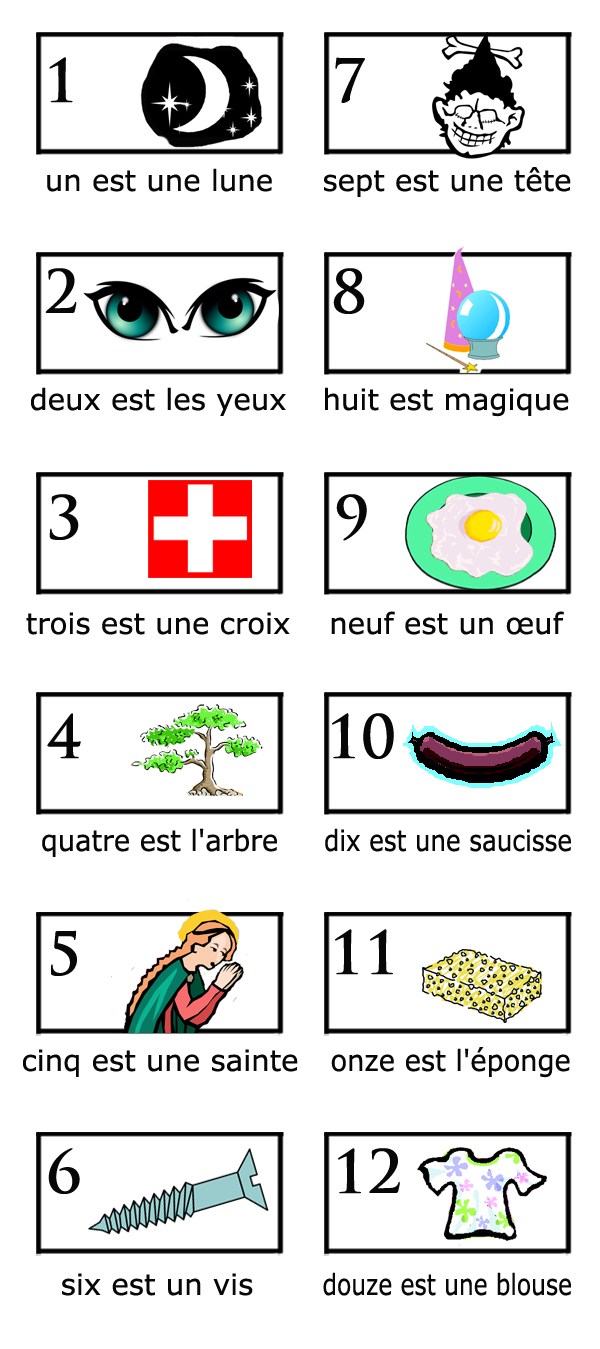Two large-scale international studies have become established to compare countries' performance in the core subjects of literacy, mathematics and science.
TIMSS: Trends in International Mathematics and Science Study
TIMSS is an international study involving 50 countries that assesses math and science achievement at four year intervals. It has been running since 1995. Students are assessed in the 4th and 8th years of school, and in their final year. The next assessment round will be in 2007.
